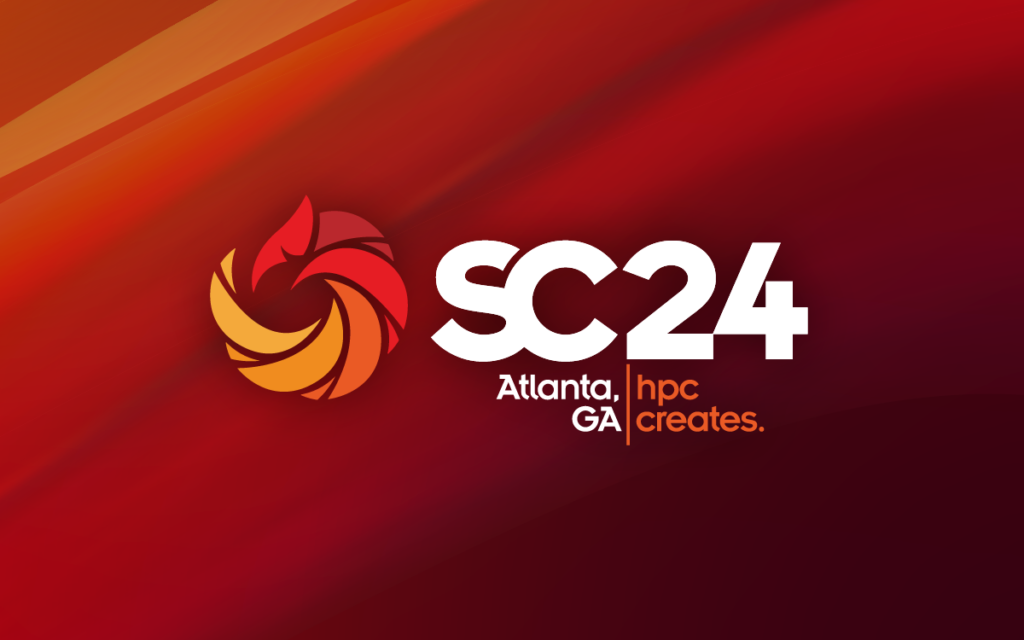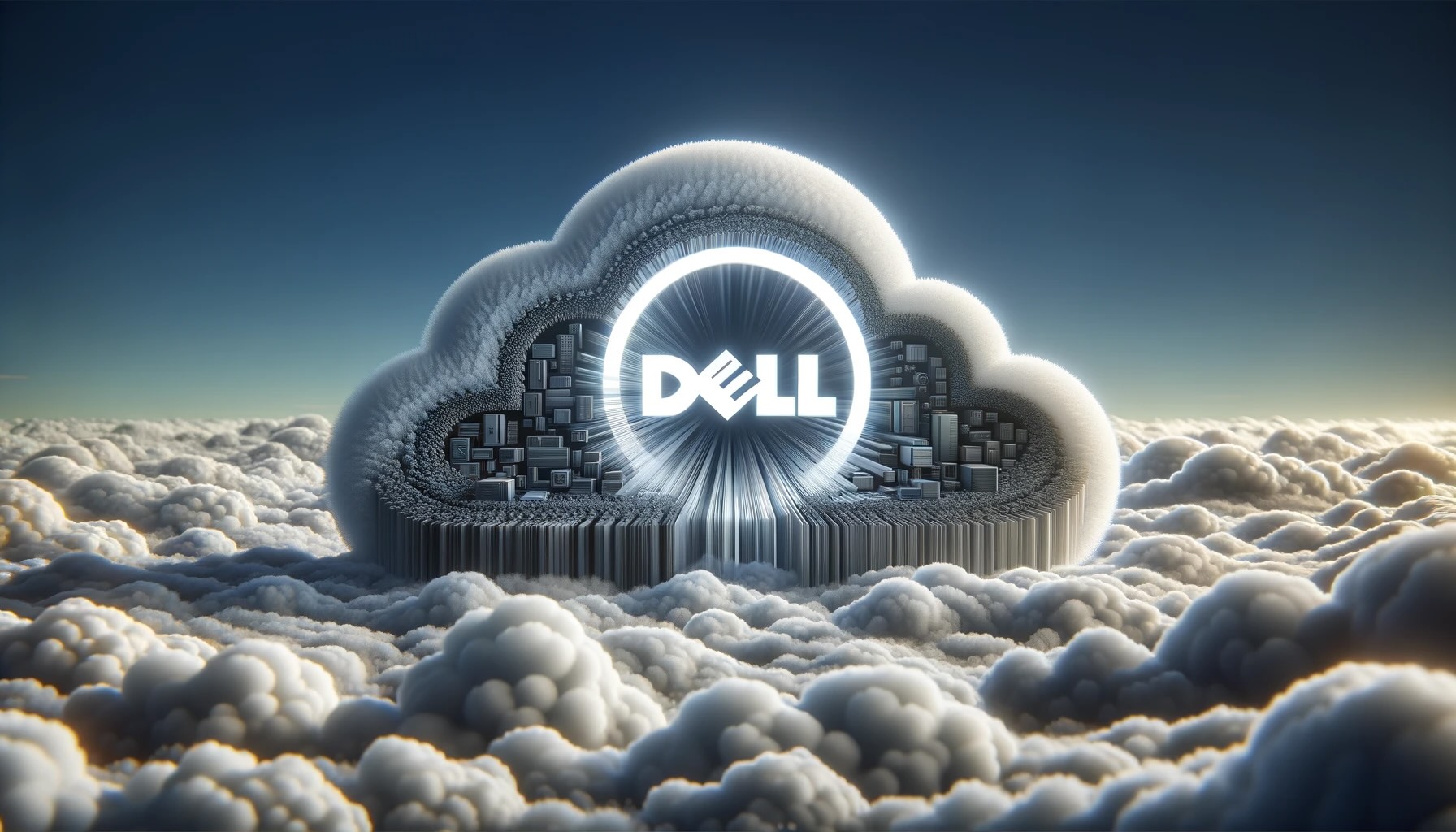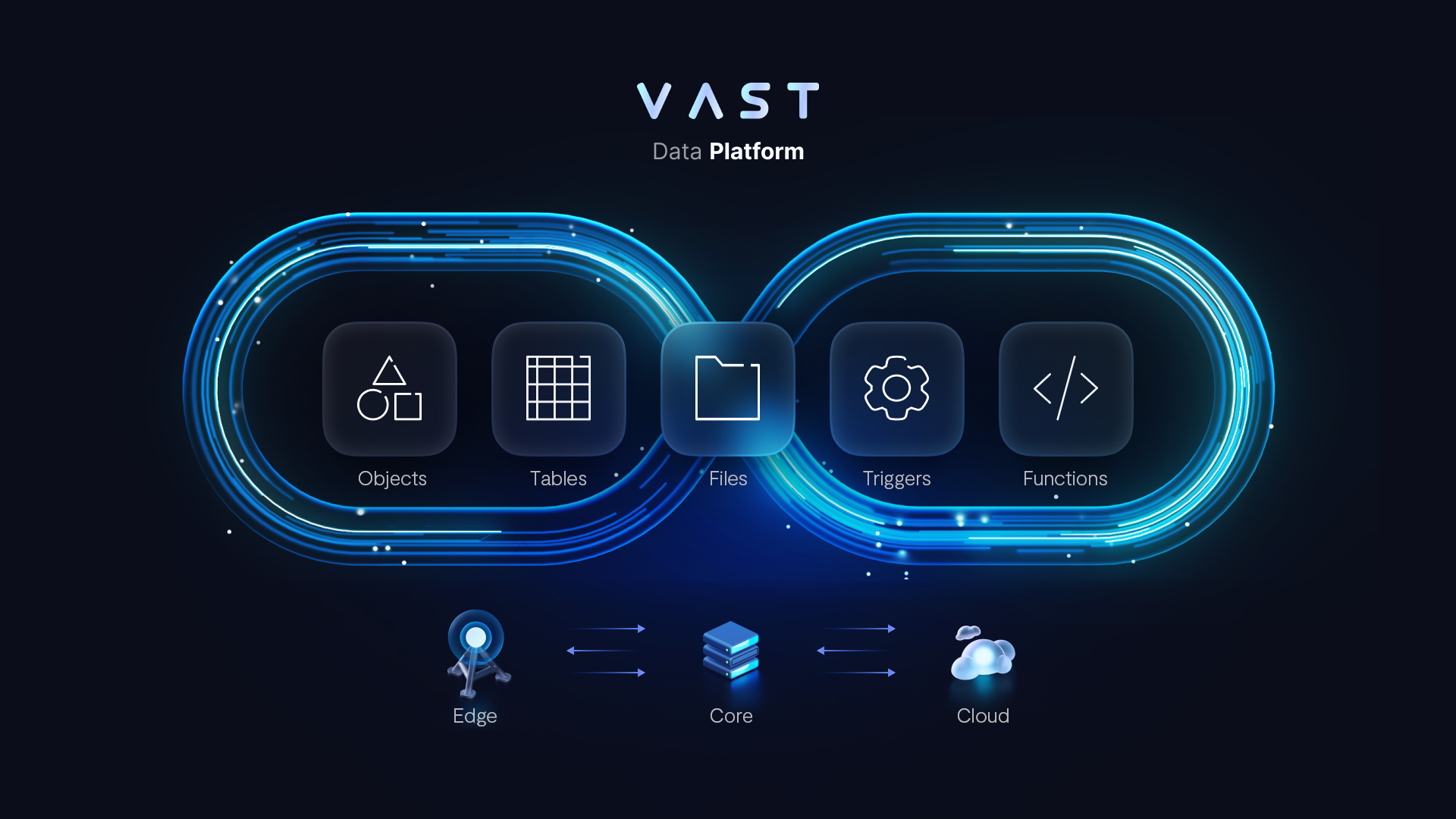Last week’s Supercomputing 2024 (SC24) conference in Atlanta brought together IT leaders, researchers, and industry innovators to unveil advancements in HPC and AI, with even a little quantum computing thrown in.
HPC and supercomputing have long been bellwethers for innovation in IT, often providing a glimpse into the technologies and trends that will shape enterprise IT in the years ahead. The announcements from SC24 feels more relevant for traditional IT than ever before, suggesting a future that’ll be defined by the convergence of AI, HPC, and quantum computing, along with advancements in scalability, energy efficiency, and data management.
The announcements are show several trends that will ultimately impact enterprise IT:
- Prioritization of Scalable, AI-Optimized Infrastructure: IT teams will prioritize AI-first infrastructure, optimizing for real-time data processing and inference. Enterprises will need to rethink how they build and manage data centers, focusing on dense, modular, and energy-efficient systems capable of supporting exponential AI demands.
- The Rise of Quantum-Ready Systems: While practical quantum systems are still evolving, enterprises in industries like pharmaceuticals, materials science, and cryptography must prepare for quantum integration. Quantum-ready architectures and hybrid IT strategies will enable businesses to bridge current HPC capabilities with future quantum innovations.
- Sustainability as a Strategic Priority: Data center sustainability will become a cornerstone of IT strategy. Enterprises will invest in energy-efficient hardware, renewable energy sources, and advanced cooling solutions to meet ESG goals while maintaining high-performance operations.
- A Focus on Accelerated Data Movement and Management: As data volumes grow, businesses will need to adopt infrastructure that supports real-time data movement and analysis. Efficient data pipelines and storage architectures will be essential for enabling AI-driven insights and operational agility.
What was Announced?
This is far from a comprehensive list of announcements, but it’s what caught our eye that has relevance to IT organizations across industries, and not just the HPC crowd. There’s a little something for everyone.
Converged Architectures for AI and HPC
Lawrence Livermore National Laboratory debuted El Capitan, the world’s fastest supercomputer, achieving 1.75 exaflops. The new system, built by HPE around AMD’s APUs, marks a shift towards converged CPU-GPU architectures, delivering enhanced performance for mixed HPC and AI workloads.
High-Performance Compute
IT hardware advancements took center stage, with companies like Dell, Lenovo, and Supermicro introducing AI-optimized infrastructure.
Here’s a roll-up of the announcements we’re watching:
- NVIDIA’s H200 NVL GPU: NVIDIA introduced the H200 NVL GPU, designed to accelerate AI and HPC workloads with improved memory efficiency and bandwidth over its predecessor.
- Dell’s AI Infrastructure Expansion: Dell Technologies expanded its AI Factory with new high-powered servers and dense racks, including the PowerEdge XE9685L and XE7740 servers, all optimized for AI, machine learning, and HPC applications.
- Supermicro’s Liquid-Cooled Solutions: Supermicro announced direct liquid-cooled systems optimized for NVIDIA’s Blackwell GPUs.
- Penguin Solutions’ Altus Servers: Penguin Solutions introduced next-generation Altus HPC servers powered by AMD EPYC 9005 Series processors, featuring up to 192 cores and 12 channels of DDR5 memory.
- Lenovo’s High-Performance Solutions: Lenovo showcased new high-performance innovations, including energy-efficient platforms designed to accelerate AI-powered transformation at any scale.
- MSI AI and HPC Servers: MSI showcased servers powered by NVIDIA MGX architecture and Intel Xeon 6th Generation processors, designed for scalable AI and HPC applications in enterprise environments.
High-Performance Data Platforms
Data is the lifeblood of AI and HPC, and companies like DDN, WEKA, and Cloudian unveiled solutions that improve how IT manages this resource:
- DDN’s Platform Upgrades: DDN unveiled next-generation enhancements to its data intelligence platform, focusing on accelerating AI and HPC innovation. The updates aim to improve performance and scalability for data-intensive workloads.
- WEKA’s AI RAG Reference Architecture: WEKA introduced the WEKA AI RAG Reference Platform (WARRP), a design blueprint for developing inference infrastructure frameworks. This platform aims to optimize AI model training and inference speeds.
- WEKA’s AI Storage Cluster: WEKA launched an AI-optimized storage cluster built on NVIDIA Grace CPU Superchips. This cluster provides unmatched performance and scalability for data-intensive AI and HPC environments.
- Hitachi Vantara’s Integration: Hitachi Vantara integrated NVIDIA’s HGX GPUs into its iQ framework, offering a comprehensive AI infrastructure solution that combines storage, networking, and compute resources for enhanced AI performance.
- Cloudian’s GPUDirect Integration: Cloudian announced the integration of NVIDIA’s GPUDirect technology into its object storage solutions, enabling direct data transfers between storage and GPUs. This integration aims to reduce latency and improve performance in AI workflows.
- Zettar’s data movement collaboration with MiTAC Computing and NVIDIA, introducing ultra-efficient, high-speed data transfer technologies.
- Hammerspace wrangles GPU-local SSDs into the data fabric, introducing what it calls its “Tier 0” storage solution for AI training.
- Pure Storage unveiled its new GenAI Pod, a comprehensive, full-stack solution designed for AI workloads. Pure also announced that its FlashBlade storage system now has NVIDIA DGX SuperPOD certification.
Quantum Computing and Hybrid Architectures
While Quantum Computing is still a few years away from mainstream, advancements in the field were on full display, with partnerships such as Infineon and Quantinuum pushing the boundaries of hybrid computing:
- NVIDIA and Google’s Collaboration: NVIDIA collaborated with Google to enhance quantum processor design through simulation of quantum device physics, aiming to accelerate advancements in quantum computing technologies.
- IonQ’s Hybrid Quantum Computing: IonQ announced advancements in hybrid quantum computing with a new chemistry application and integration with NVIDIA’s CUDA Quantum platform, aiming to enhance computational capabilities in quantum chemistry.
- Eviden’s Quantum Emulation: Eviden introduced software to enable quantum emulation within HPC systems, bridging the gap between classical and quantum computing for IT environments preparing for quantum readiness.
- Algorithmiq’s Quantum Leap: Leveraging NVIDIA supercomputing to accelerate quantum research in chemistry and material science.
- Infineon and Quantinuum’s partnership to advance ion trap technology for quantum systems.
Liquid Cooling
Thermal management remains a top priority for IT infrastructure, whether for GPU density or just old-fashioned sustainability. At this point, every mainstream server OEM has a liquid cooled offering, though not all have their own liquid cooling IP.
This is a fragmented market populated by smaller players serving the needs of larger infrastructure providers. My early prediction for 2025 is that we’ll see a lot of consolidation in the space.
There weren’t many new announcements, but companies like nVent and CoolIT Systems showcased liquid cooling innovations that reduce the energy footprint of HPC and AI systems, which also enable a great data center sustainability story:
- nVent’s Liquid Cooling Collaboration: nVent collaborated with NVIDIA to develop AI-ready liquid cooling solutions, addressing the thermal management challenges in high-performance AI and HPC systems.
- CoolIT’s High-Density Coolant Distribution: CoolIT Systems announced a high-density liquid-to-liquid coolant distribution unit, designed to improve cooling efficiency in dense computing environments.
- Maxwell Labs’ Photonic Cooling: Introduced the MXL GEN1 photonic cooling technology with an early access program, promising revolutionary efficiency for cooling dense compute environments.
What’s Next for Enterprise IT
The innovations unveiled at SC24 point to an IT future characterized by integration, automation, and sustainability. The impact to enterprise IT will come over time, but IT organizations should be prepared to:
- Adopt Converged Systems: Unified architectures for AI and HPC will enable more flexible and efficient use of resources.
- Optimize for AI Workloads: AI-driven infrastructure and tools will be critical to staying competitive.
- Embrace Quantum-Readiness: Hybrid quantum-classical systems will unlock entirely new applications and efficiencies.
- Commit to Green IT: Sustainability in IT operations will be non-negotiable for regulatory and reputational reasons.
As the technologies showcased at SC24 trickle down to the enterprise level, businesses that embrace them early will be best positioned to leverage them for a competitive advantage.
Companies mentioned: Algorithmiq, AMD, Cloudian, CoolIT, DDN, Dell Technologies, Eviden, Google, Hammerspace, Hitachi Vantara, HPE, Infineon, IonQ, Lawrence Livermore National Laboratory, Lenovo, Maxwell Labs, MiTAC, MSI, nVent, NVIDIA, Penguin Solutions, Pure Storage, Quantinuum, Supermicro, WEKA, Zettar





